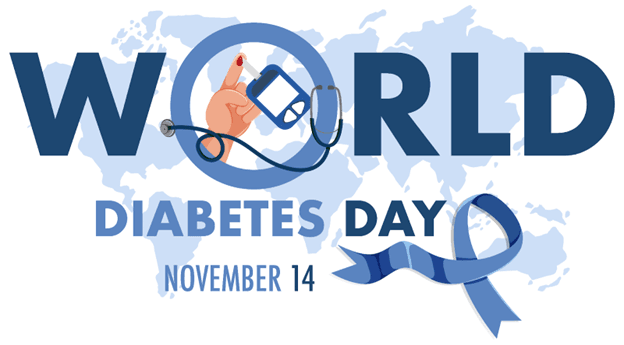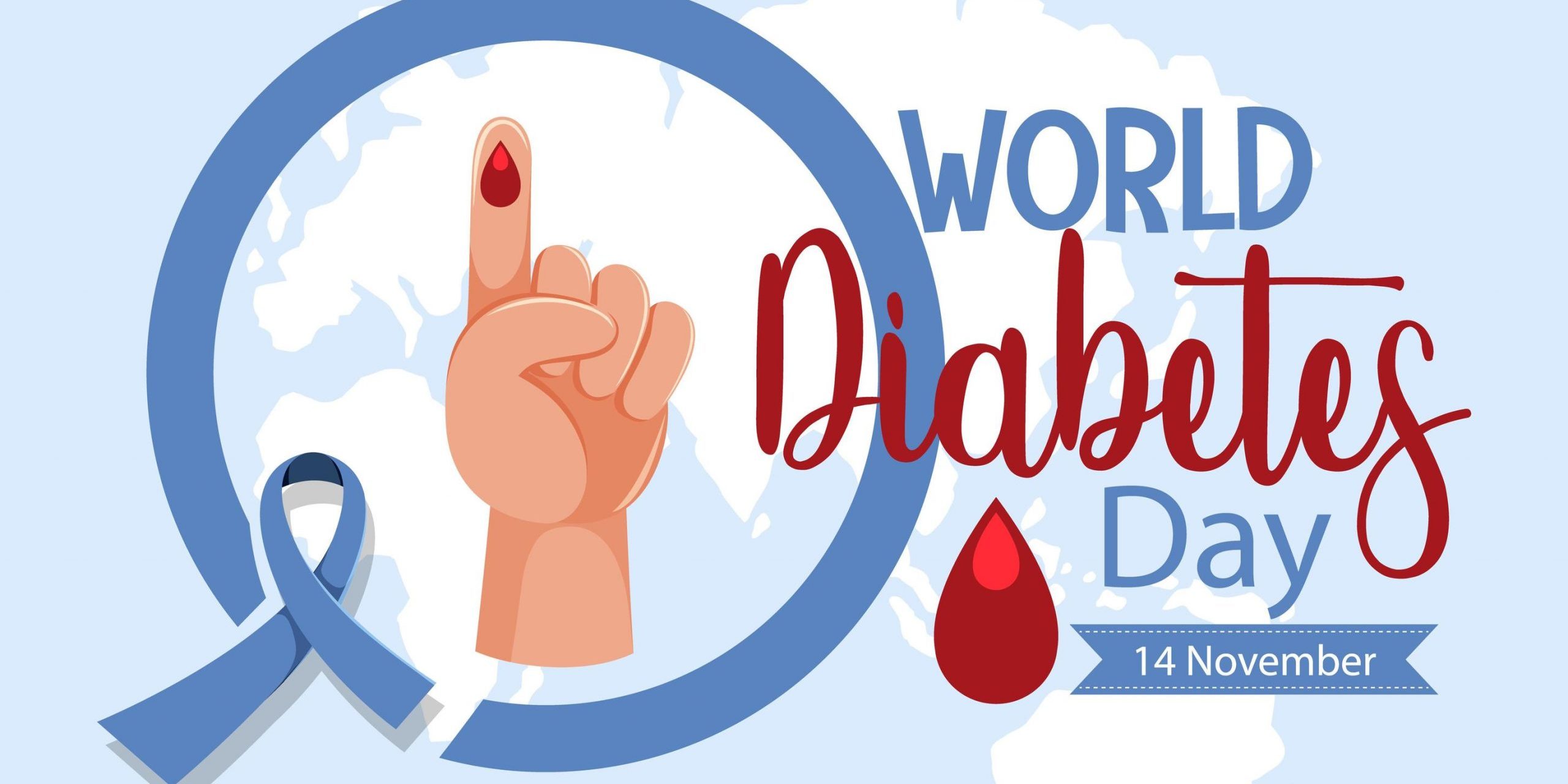
Think you’re too young for diabetes? Think again. With cases rising among young adults, it’s more important than ever to understand the risks, symptoms, and lifestyle changes that can make a real impact on long-term health. In Malaysia, diabetes remains one of the leading causes of death, affecting 15.6% of adults. Yet, here’s the shocking part: a recent National Health and Morbidity Survey (NHMS) found that a staggering 84% of young adults aged 18 to 29 with diabetes are unaware they even have it.
Diabetes is a metabolic disease involving a key hormone: insulin. Under normal conditions, insulin converts blood sugar into energy for our cells, keeping us energised and our organs working well. With diabetes, this process is disrupted—either the body doesn’t produce enough insulin or can’t use it effectively. As a result, blood sugar isn’t converted into energy efficiently, causing it to build up in the body. If left uncontrolled, high blood sugar can damage our organs, including the heart, kidneys, and eyes.
So, why is diabetes becoming such a serious issue among the young, and what everyday habits are contributing to it? High-calorie diets and sugary foods play a big role—think about that boba milk tea, the sugary energy drink, or the fast-food meal you had last week. Sedentary lifestyles also add to the risk, like spending hours watching shows or gaming instead of being active. Understanding how these day-to-day habits impact our health is the first step in preventing diabetes and its complications.
Risk Factors
When it comes to diabetes, there are two types of risk factors: non-modifiable and modifiable. Let’s break it down:
Non-Modifiable Risk Factors
- Family history of type 2 diabetes in close relatives (If your parents or siblings have it, you may be at risk too—especially with shared eating habits!)
- Ethnicity or genetic background
- Maternal history of gestational diabetes
Modifiable Risk Factors
- Obesity
- High-calorie diets and sugary foods
- Low physical activity levels
- Chronic stress or depressed mood
- Sleep disorders
While we can’t change our genes, we can manage our lifestyle choices. Let’s take a look around. Are the habits and trends around us full of unhealthy lifestyles? The trendy milk tea shops on every corner, the viral sweet treats such as sticky milk on the streets, and Malaysia’s traditional desserts like cendol and ais kacang might be adding the extra sweetness to our system and we are already sweet enough! In fact, did you know that a single cup of milk tea can contain 6 to 10 teaspoons of sugar? That’s similar to many other sugary snacks and drinks, and it can lead to high blood sugar levels if we’re not controlling. Enjoying these treats occasionally is fine, but moderation is key. Excessive sugar consumption paired with a sedentary lifestyle, is a formula for weight gain and ultimately increases the risk of diabetes.
Managing Diabetes: Tips to Enjoy Sweet Treats without the Guilt
Fret not, because we are here to share clever, easy-to-follow strategies that allow you to enjoy your favourite treats while keeping your blood sugar in check and without guilt:
By making small, manageable changes, you can still enjoy your favourite foods while looking after your health. Prevention is always better than cure, so check out BookDoc’s article for more helpful tips on diabetes prevention and control: Maintaining a Healthy Lifestyle with Diabetes – BookDoc.
As we approach World Diabetes Day 2024, let’s take action on the hidden rise of type 2 diabetes among young adults. Whether you’re already living with diabetes or simply aiming to reduce your risk, understanding the role of lifestyle is key. Small, consistent steps today can lead to a healthier tomorrow, where diabetes no longer silently takes root in our lives.
Xin Ci, Dietetics Intern


















